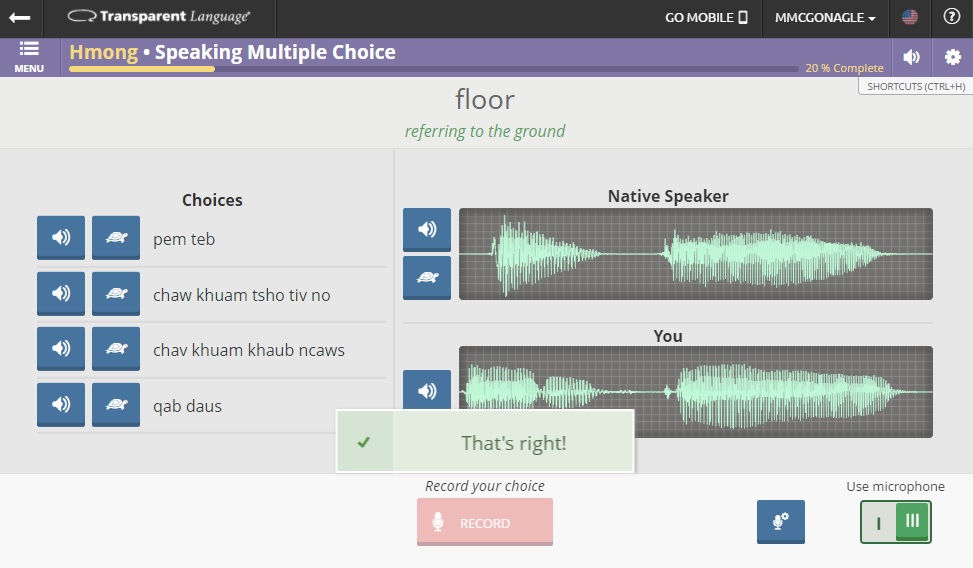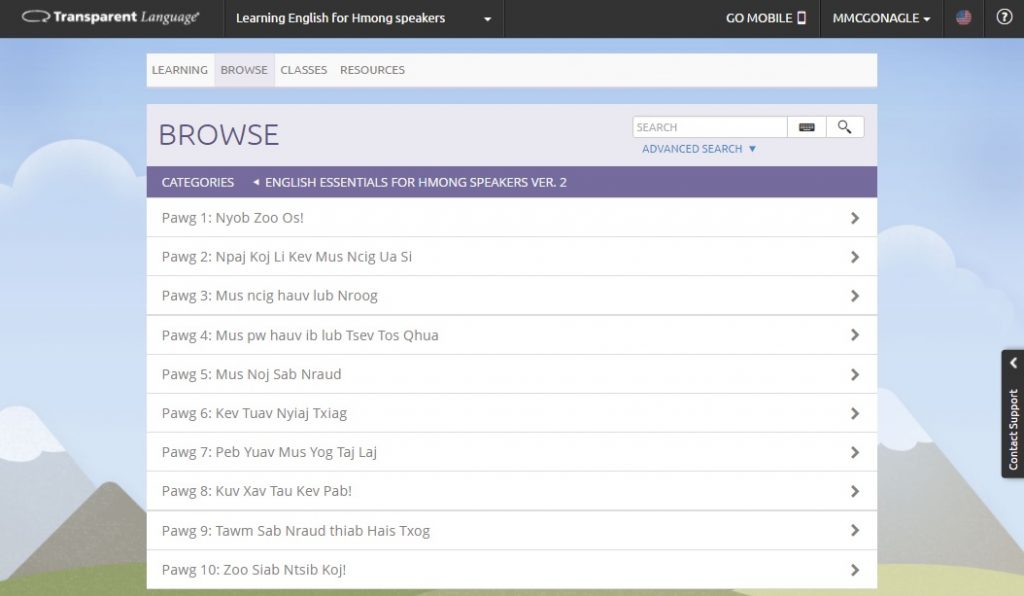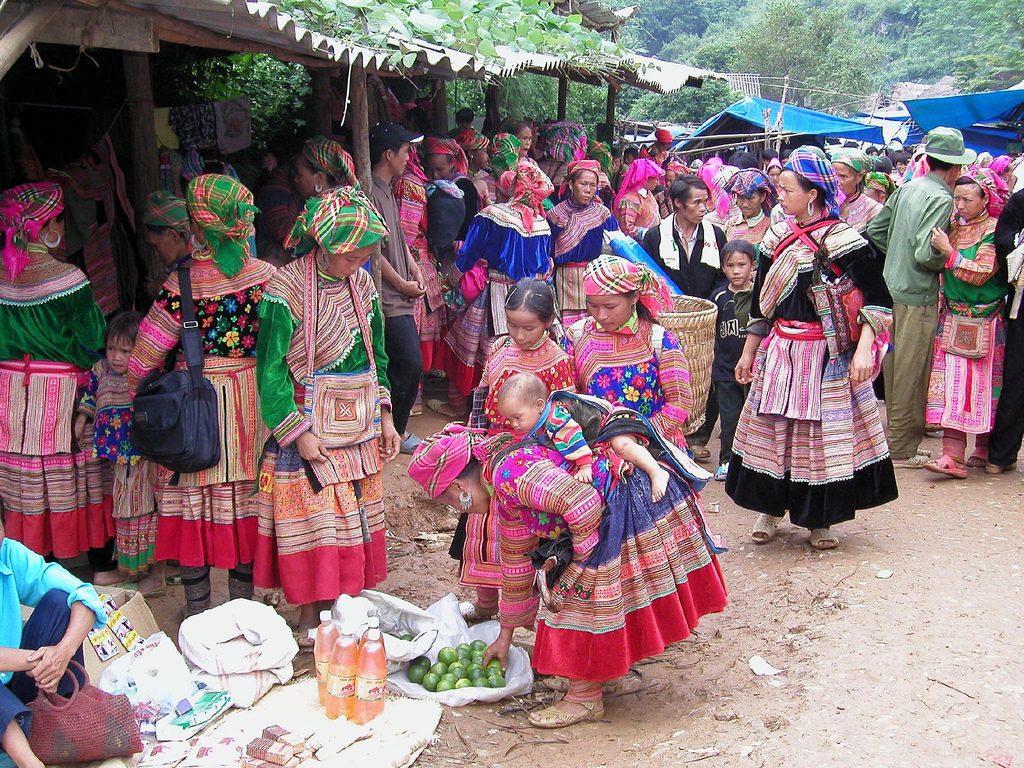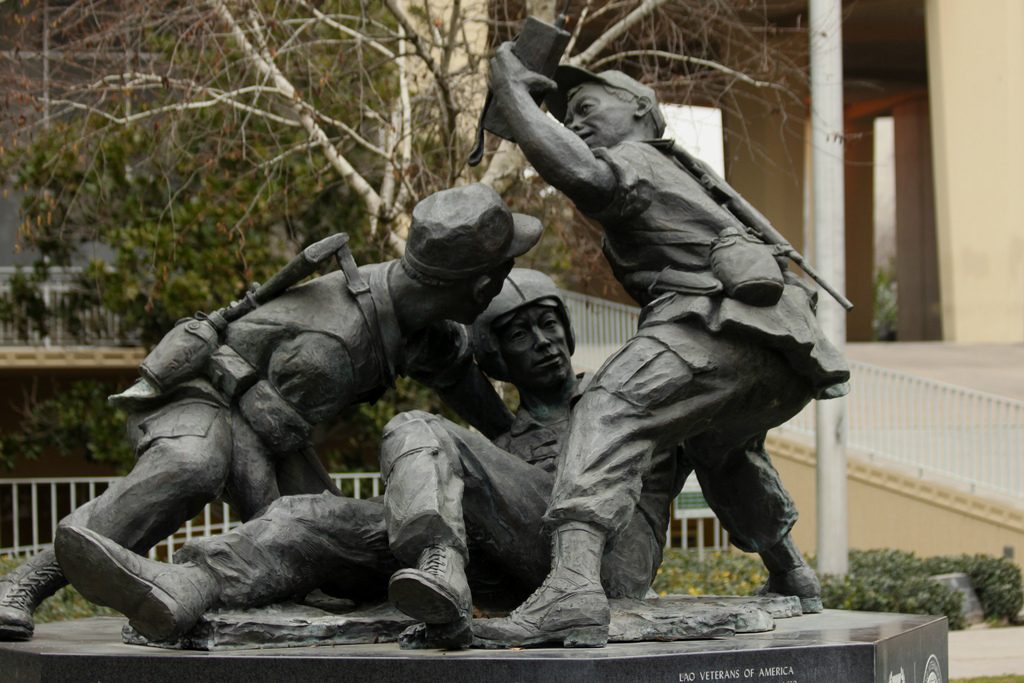Learn Hmong with Transparent Language Online Posted by Transparent Language on Jul 12, 2017 in For Learners, For Libraries, Learning Material Updates
Every year, we add a few new languages to Transparent Language Online. This year, we’re very excited to add Hmong (and ESL for Hmong speakers) to the list!
Who are the Hmong people?
The Hmong are an ethnic group located mainly in southern China and southeast Asia, with significant pockets also located throughout the western world. Those pockets are the result of a “secret” connection between the Hmong and the United States. Thousands of Hmong men and boys were recruited and trained to fight in America’s “secret war” in against communist insurgents in Laos and Vietnam. For their help, many Hmong paid a terrible price; at the war’s end, hundreds of thousands of surviving Hmong refugees fled the region seeking asylum.
That’s why even now, decades later, more than 250,000 Hmong live in the United States. There’s even an official recognition of their sacrifice in Arlington National Cemetery, where a Lao Veterans’ Monument was erected in 1997. Large communities of Hmong-Americans can be found in Minneapolis-Saint Paul, Fresno, Sacramento, and Milwaukee, while smaller populations can be found in every corner of the country. To better serve these communities, we’ve added both Hmong for English speakers and English for Hmong speakers to Transparent Language Online.
What language do the Hmong speak?
Hmong has many varieties, most of which are mutually intelligible to its 2.7 million speakers. In Transparent Language Online, we chose to focus on the Hmong Daw (White Miao) dialect, as it is more common amongst Hmong Americans.
Linguists have created more than 2 dozen Hmong writing systems, including using Chinese characters and the Lao, Russian, Thai alphabet, and Vietnamese alphabets. For Hmong Daw, the most common writing system is the Romanized Popular Alphabet (RPA), a Latin-based script developed by missionaries in the 1950s.
Hmong is a tonal language, with seven distinct tones used in the Hmong Daw variety. This makes learning pronunciation particularly important—and particularly difficult—for Hmong learners. Depending on whether you speak with a rising tone or falling tone, for example, can vastly change the meaning of words.
As a silver lining, Hmong learners won’t have to battle through complicated tenses. These are indicated lexically, not through conjugations. For example, to indicate the past tense, you use time marking words like “yesterday” or “last week” rather than conjugating “I go” to “I went”.
Hmong for English Speakers

English speakers interested in picking up Hmong will enjoy the Essentials course and supplemental vocabulary, along with native speaker audio, pronunciation practice, and typing activities to engage all four key language skills. All content is the Mong Njua (Green Miao) variety, written in Latin script.
English for Hmong Speakers

Hmong speakers interested in learning English will have access to a 10-unit Essentials course covering topics like getting around a city, dealing with money, and meeting new people. The course is supplemented by more than 80 topical vocabulary lists, introducing everything from numbers and colors to common verbs and prepositions. While these materials pair English and Hmong, learners also have access to all of our English learning materials, including more advanced immersion-style courses.
Ready to start learning? Find a library near you who offers Transparent Language Online.
None close by? Print this info card and bring it to your local librarians to let them know you’re interested, or sign up for the free trial!

Build vocabulary, practice pronunciation, and more with Transparent Language Online. Available anytime, anywhere, on any device.






Leave a comment: